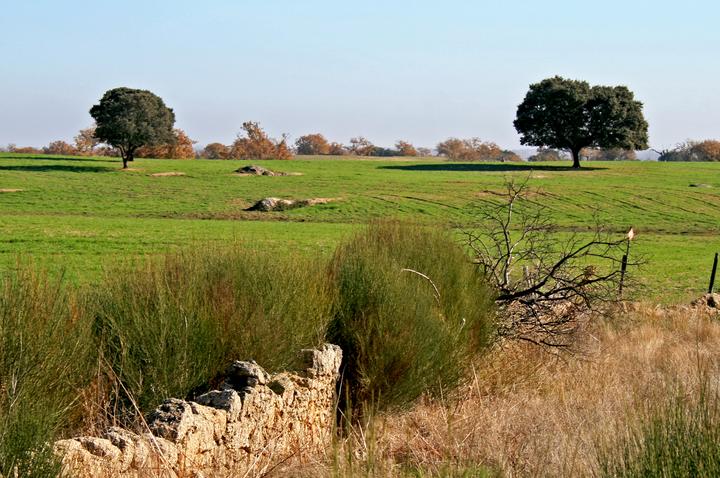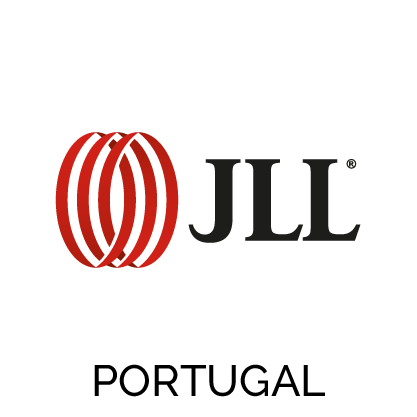Although still an emerging business in the Portuguese market, the purchase of real estate for agricultural and forestry use – designated Natural Capital – is growing strongly at a global level.
According to the study by JLL and Consulai, to date this year 5.3 billion euros have already been raised in capital to invest in this sector in Western Europe, one of the most attractive regions for this type of investment. This figure represents a 200% increase on the 1.8 billion euros recorded in 2022, and represents 52% of the total raised globally in 2023 (10.2 billion euros), demonstrating the growing interest in investment in Western Europe and the Iberian Peninsula. Last year, only 27% of the capital raised was destined for Western Europe.
According to the consultants, the Iberian Peninsula is undoubtedly one of the markets which has contributed most to the growing attractiveness and which will benefit from this flow, with the volume of investment in natural capital expected to continue to exceed 1 billion euros in 2024.
While still taking its first steps in investing in this type of real estate asset, but with high growth potential, Portugal has the capacity to boost M&A transactions and operations of more than 500 million euros in the next two years, these experts estimate.
Pedro Santos, General Manager of Consulai, explains that "this good positioning of Portugal is justified by the fact that the country has enormous potential yet to be developed in these areas, with excellent conditions for these activities and various competitive advantages in terms of production factors and costs. We have good climatic conditions, fertile soils, water availability, the capacity to produce a huge diversity of crops, from olive groves to red fruits, nuts or vines, as well as more competitive asset prices compared to other markets and relatively lower production costs. This is coupled with a market that has been growing, as can be seen by the fact that we are the fifth largest producer of olive groves in the world and one of the largest exporters of wine, but which still has enormous room to expand. We have an excellent value proposition for those looking to invest in the Natural Capital area.
Yields start at 4% and can go up to two digits
With regard to returns, this is an area in which the profitability demanded by investors varies according to the contractual conditions, the market for each type of crop, the security of the crop, and the price of the crop; water, age of biological assets, future estimates of costs and revenues, characteristics of the property and location, among other factors.
However, the study reveals indicative yields for investing in this type of asset. For investments in installed permanent crops (with owner-operated or management contracts), investors usually demand an annual return of between 7% and 9%. In investments for planting and developing new projects, an internal rate of return (IRR) of between 10% and 14% is required. However, there are also investments in less risky rainfed farming and forestry, with a required annual return of between 4% and 6%, and some high-value crops (such as greenhouses), which can achieve an annual return of two decades much higher than that indicated.
Another trend identified in the report is the acceptance of a lower rate of return against a greater environmental and social benefit, since some Natural Capital investments have been motivated by a true and genuine concern for the planet and society.
We are dealing with very interesting returns for the risk that most of these investments involve, and this is one of the reasons that attracts a growing number of investors, emphasizes Gonçalo Ponces. "But also because of the positive impact that these investments have. First and foremost at the level of environmental sustainability, because agricultural and forestry assets have the capacity to capture carbon and can play a very important role in offsetting emissions, making them extremely attractive to investors in the context of the growing demands for decarbonization. We're going to see more and more activity in this sector," says Gonçalo Ponces.

